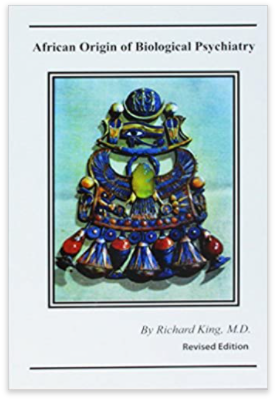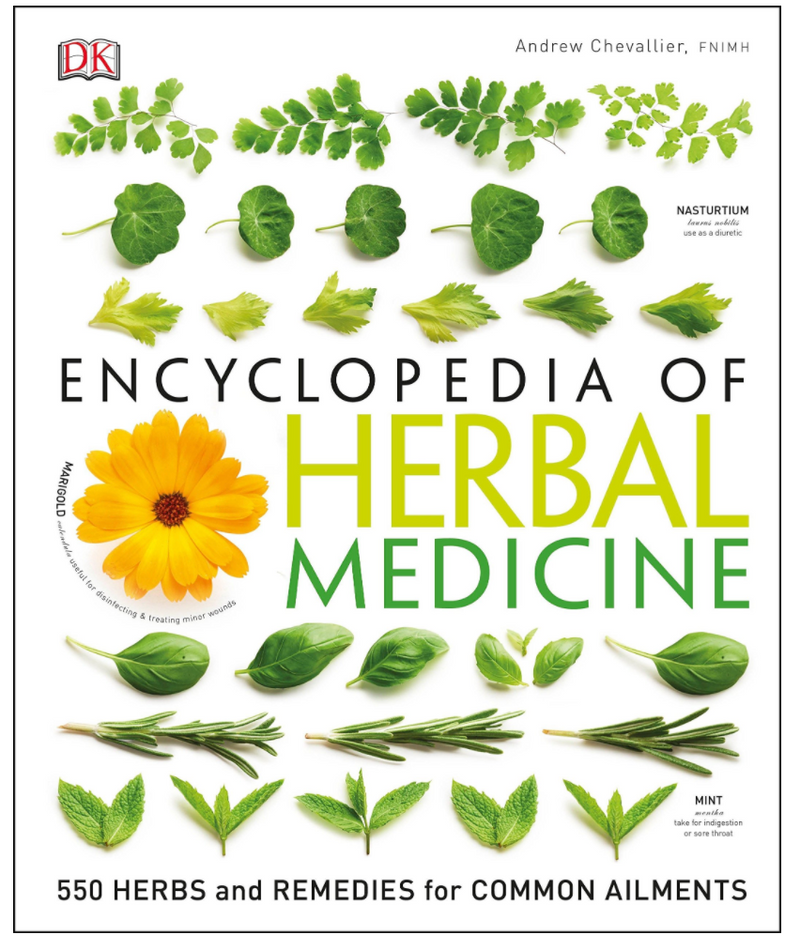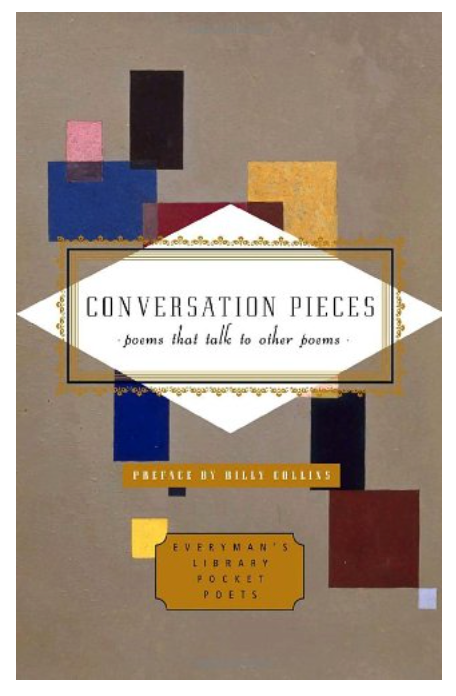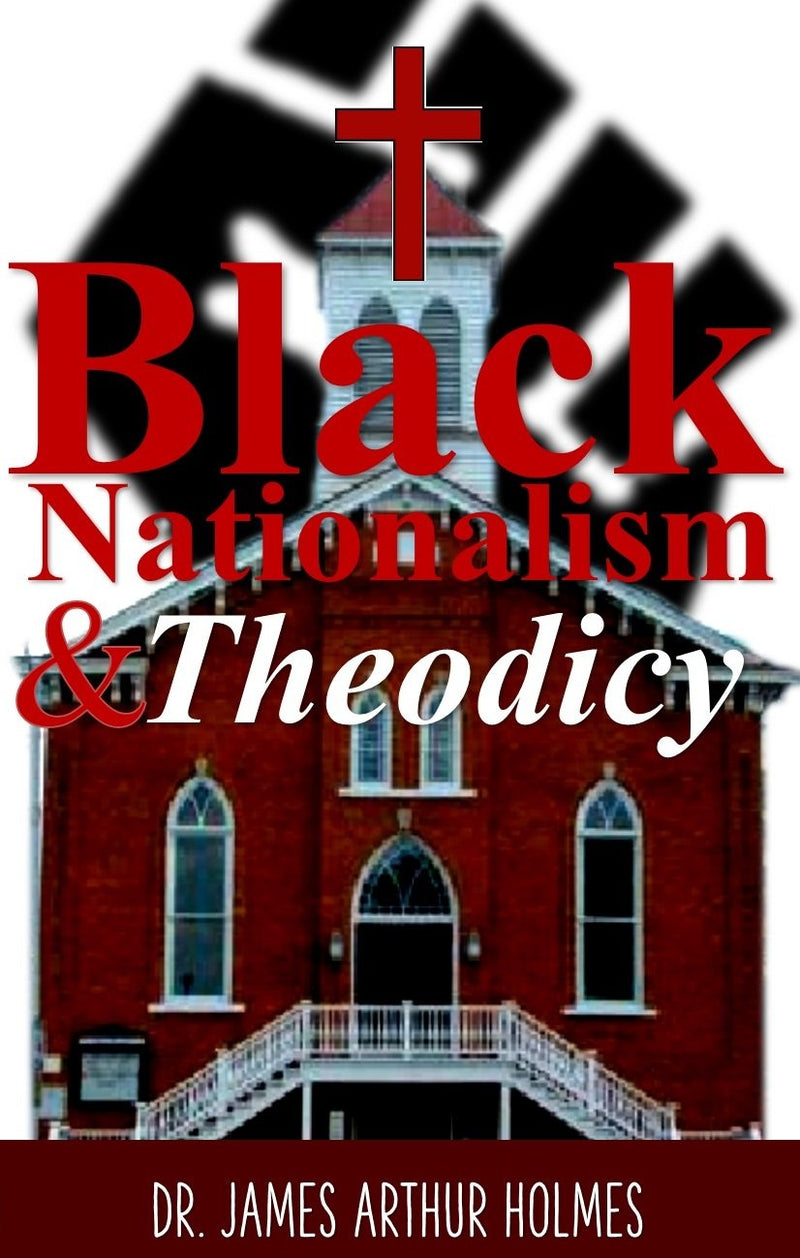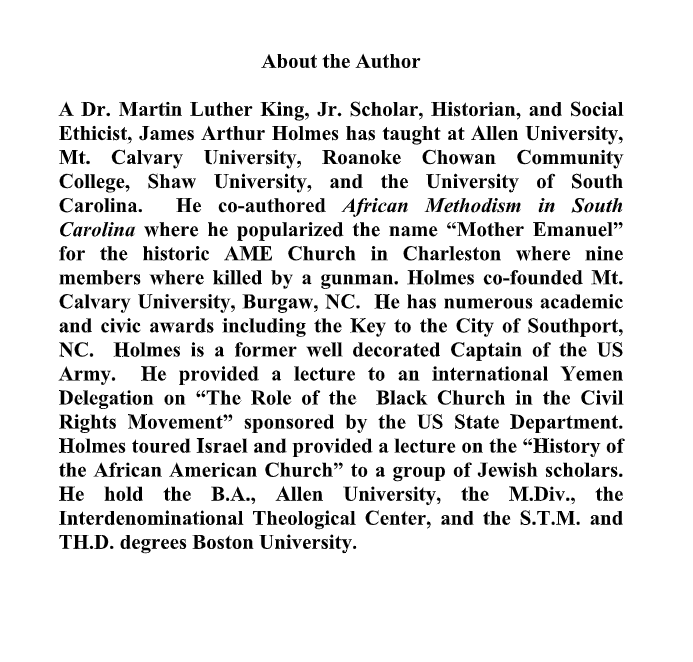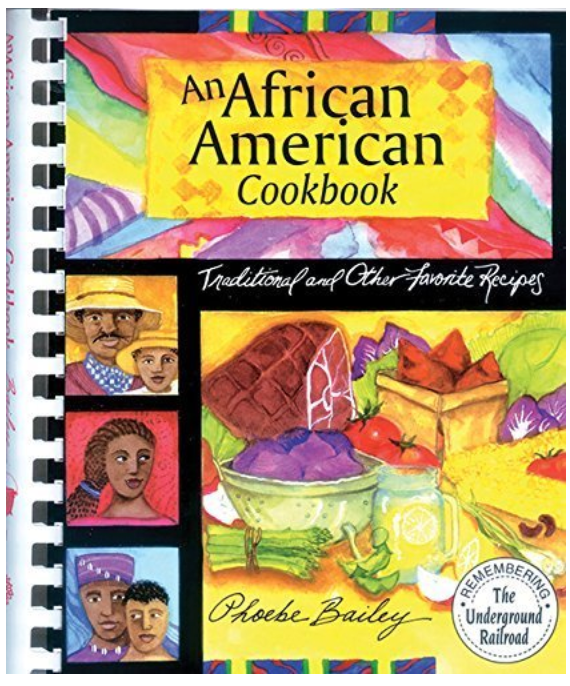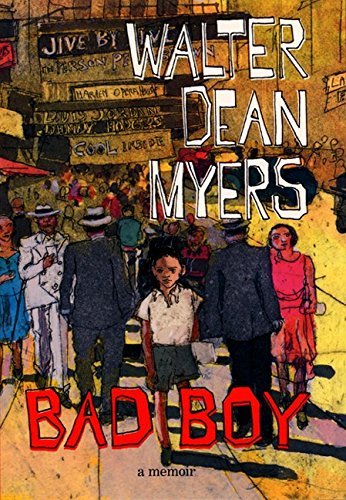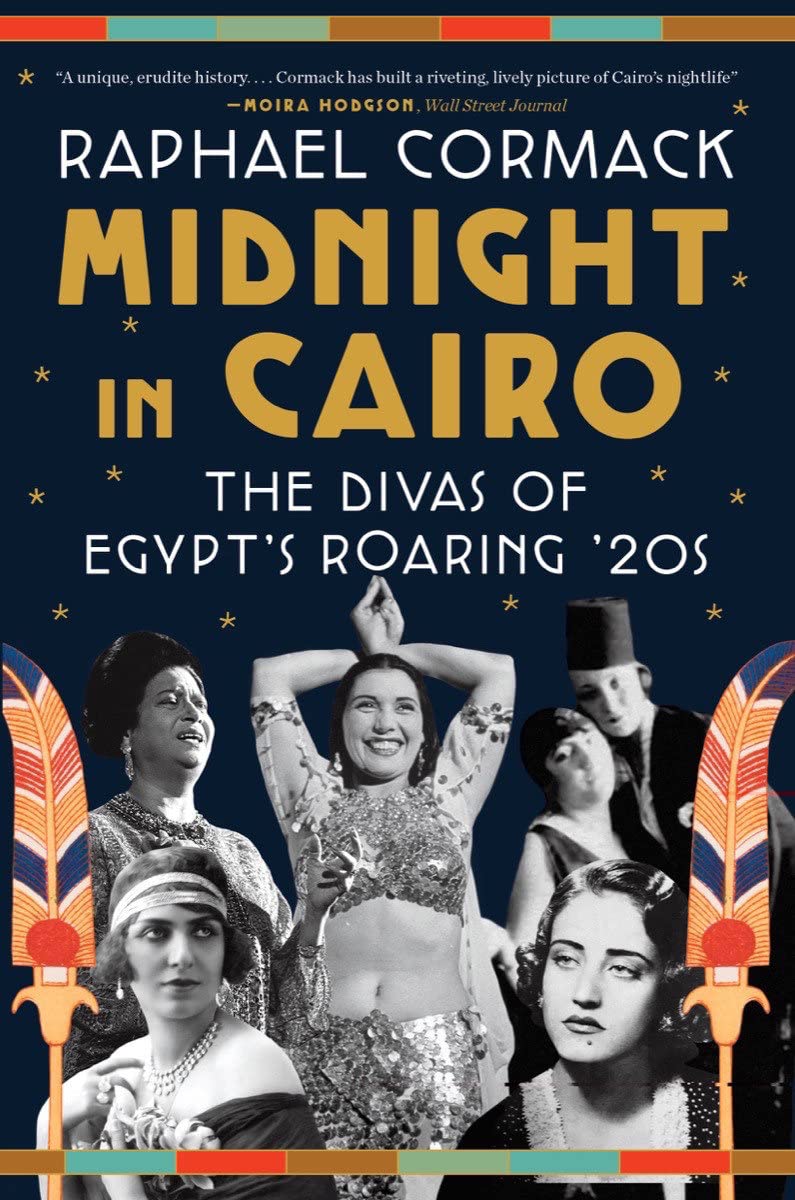Lord Byron: The Life and Legacy of the Most Famous Romantic Poet
ISBN: 9781724502391
*Includes pictures
*Includes quotes
*Includes online resources and a bibliography for further reading
“I am such a strange mélange of good and evil that it would be difficult to describe me.” – Lord Byron
“Mad, bad, and dangerous to know.” – Lady Caroline Lamb’s description of Lord Byron
Lord Byron’s very name conjures up visions of the Romantic movement and outlandishly dressed bohemians, for if Alfred, Lord Tennyson was the poetic darling of the masses, Byron was the hero of the hedonists. While the traditional English literary hero was a nobleman rescuing a damsel in distress, Byron created the anti-hero, a man plagued by self-doubt and hidden sorrow. At the same time, his hero was also capable of facing reality once he had wrestled through his own angst, and even of occasionally acting nobly in the great tradition of the author’s Puritan forebears.
Whereas poets like Wordsworth and Browning were easy to love, Lord Byron inspired a certain amount of fear among the upper classes, and pious mothers were reluctant to let their daughters read his work. In a manner more appropriate to the 21st century than the 19th, Lord Byron was a man true to his own beliefs, supporting the rights of the oppressed even while enjoying all the benefits offered to him as a member of the British aristocracy.
If Byron himself was eclectic in his tastes and character, his poetry was even more so, for he could feature satiric pieces poking fun at the status quo and historical renditions of ancient battles fought with nobility and valor, all in the same volume. Like so many other writers, he used poetry to explore his own most deeply guarded secrets, in one poem playing in first person the dramatic hero and in another the troubled penitent. He was sometimes funny, sometimes lyrical, and sometimes verbose, but he was always interesting, and that is what allowed him to become one of the most famous writers of all time, almost against his own will, and despite his premature death.
*Includes quotes
*Includes online resources and a bibliography for further reading
“I am such a strange mélange of good and evil that it would be difficult to describe me.” – Lord Byron
“Mad, bad, and dangerous to know.” – Lady Caroline Lamb’s description of Lord Byron
Lord Byron’s very name conjures up visions of the Romantic movement and outlandishly dressed bohemians, for if Alfred, Lord Tennyson was the poetic darling of the masses, Byron was the hero of the hedonists. While the traditional English literary hero was a nobleman rescuing a damsel in distress, Byron created the anti-hero, a man plagued by self-doubt and hidden sorrow. At the same time, his hero was also capable of facing reality once he had wrestled through his own angst, and even of occasionally acting nobly in the great tradition of the author’s Puritan forebears.
Whereas poets like Wordsworth and Browning were easy to love, Lord Byron inspired a certain amount of fear among the upper classes, and pious mothers were reluctant to let their daughters read his work. In a manner more appropriate to the 21st century than the 19th, Lord Byron was a man true to his own beliefs, supporting the rights of the oppressed even while enjoying all the benefits offered to him as a member of the British aristocracy.
If Byron himself was eclectic in his tastes and character, his poetry was even more so, for he could feature satiric pieces poking fun at the status quo and historical renditions of ancient battles fought with nobility and valor, all in the same volume. Like so many other writers, he used poetry to explore his own most deeply guarded secrets, in one poem playing in first person the dramatic hero and in another the troubled penitent. He was sometimes funny, sometimes lyrical, and sometimes verbose, but he was always interesting, and that is what allowed him to become one of the most famous writers of all time, almost against his own will, and despite his premature death.








